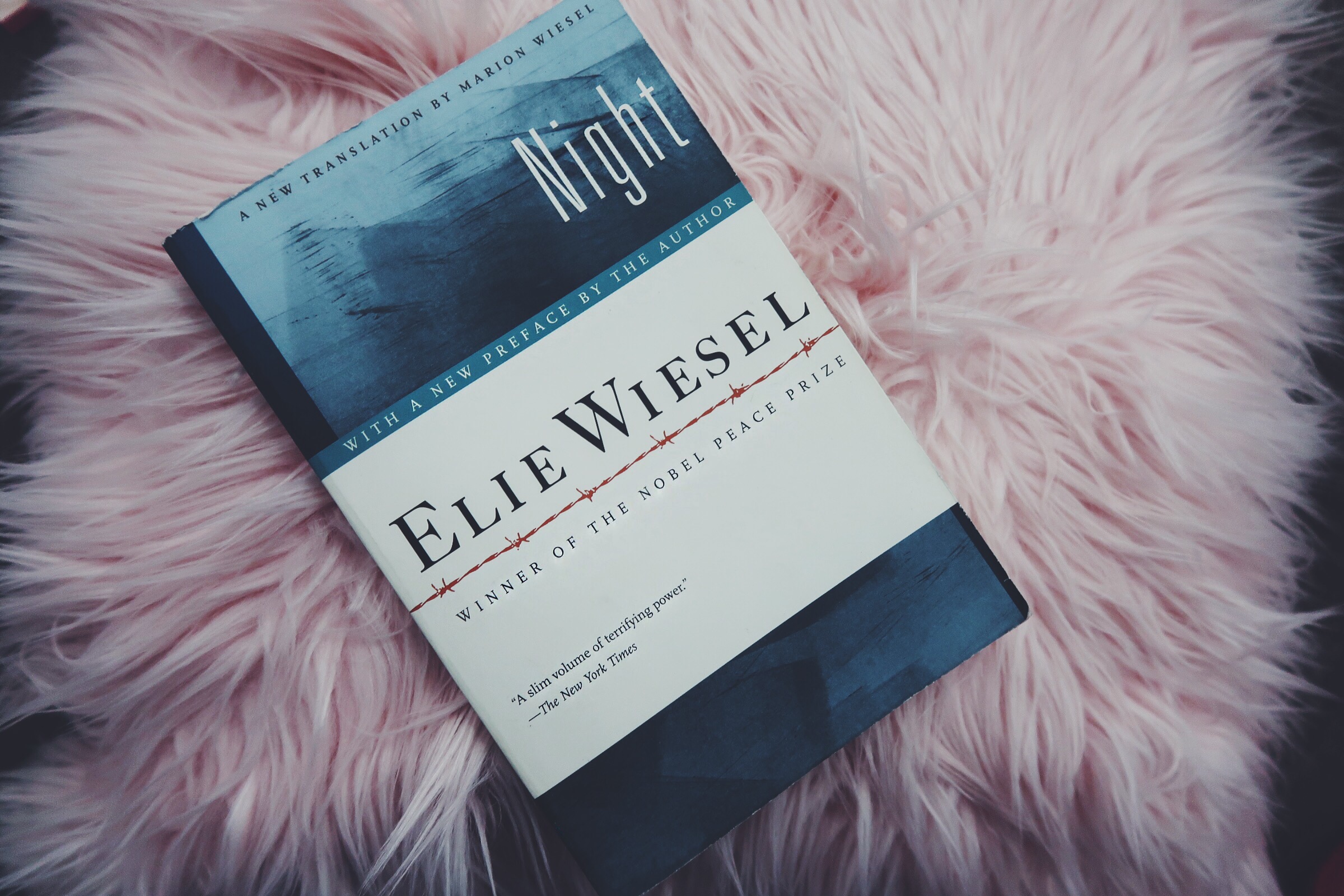All kinds of antithesis or paradox-like elements used in any work of literature may take a form of literary irony. You need a breakdown of this!
In making clear the concept of this topic, understanding the idea behind the word ‘literary’, as an amplifier of its aftercomer ‘irony’ is necessary.
Also, note that literally and literary are two distinct words. While literary identifies with anything literature, literally is the word you want to use in describing any scene (or concept) that has no interpretation beyond its surface meaning. It is another word for ‘actual’, ‘ordinary’, etc.
The meaning of Literary Irony
Literary irony is the use of language (of any kind) in a way that one sends two meanings to his target audience. The opposite of what is thought is usually more appropriate. A kind of ambiguity!
Literary irony happens when there is an occurrence of a scenario or group of words in any literary work turning out to have an interpretation that is quite the opposite of what it appears to be.
For example, “Now that you are educated, you are illiterate”, “She was so careful that she killed herself.”
We must understand that without knowing what the context surrounding our first sentence example is, one may be alluding a wrong meaning to the message of irony in it. The second example is simpler. Such is usually the case with irony.
This tool is a technique writers often use in giving the work of art a better picture. Literary irony, antithesis, oxymoron, paradox, etc. are similar poetic devices.
Elements of literary irony
To say that this is an ironic statement, one must have seen certain features in the given statement, something we want to consider as an element.
In the tone of a speaker (in verbal irony especially), the listener should realize that the opposite of what is said is meant. Body gestures by the speaker and the listener’s familiarity with similar cases are elements that help in this case.
Further, you recognize the use of irony when two opposite words (that do not juxtapose however) are used. Instead of ‘a wise fool’, for instance, which will now be an oxymoron, you say, ‘you are so wise that he fooled you.’
One final element we can look out for is an amusing effect. Irony will often put a smile on your face when used.
Why literary irony?

Let us now see the reasons you may want to employ irony in any literary work. This section of my piece will contain the top reasons writers use irony.
- To relieve the audience of tension: You may want to call this effect a twist in plot! It is the act of an ironical element deviating the plot of your work from the way it has been going. Perhaps while expecting that the protagonist will die, you make them see how he will cause the death of the antagonist using irony.
- Amusement: Irony is especially used when a writer or speaker intends to make the audience giggle or chortle. Picture a scene of two wrestlers ranting and one saying of the other: ‘You know, back in the day he was so rich that he had nowhere to live.’
- Creating suspense: This is the effect of dramatic irony. When the audience knows they know about a thing a character of a play doesn’t know, they are unsure of what turn the character or entire play will take.
A similar case can be addressed in William Shakespeare’s Romeo and Juliet. Where Juliet took a sleeping potion and Romeo killed himself for her love.
- Irony may also be used for an emphatic effect. You make a simple emphasis with it. Local usages usually see to this.
Types of Literary Irony

In literature, there are majorly three types of irony. The situational, verbal, and dramatic type of irony.
- Verbal Irony – Some equally take this for ‘oral irony’, and as it suggests, it is a kind of irony used during speech delivery or story narrations.
There are several other instances where this could be used. What matters is that a speaker uses it! They say one thing when their tone or facial expressions make us know they mean another.
- Dramatic Irony – In dramatic irony, it is believed that a character in a play is denied access to vital information known to the audience. In most cases, this makes the character appear unwise or discombobulated.
- Situational Irony – Have you done something in the desire of an outcome opposite of which you got as a result? It is a situational irony.
Let’s say a character that intended to k!ll a friend was told of a notorious assassin and he went for him. On getting there, it happened to be the same friend he wanted to terminate.
The types of irony as a topic will specially be an article of address in another publication.
In conclusion, irony is another way to simply say literary irony. The inclusion of ‘literary’ in this, nonetheless, makes the idea more specific especially for the fact that irony is now being often seen literally. Either way, you will be denoting opposite words or ideas placed together without a sharp contrast.
Please do request a more detailed piece on the just examined topic if this does not do it for you.
Share


